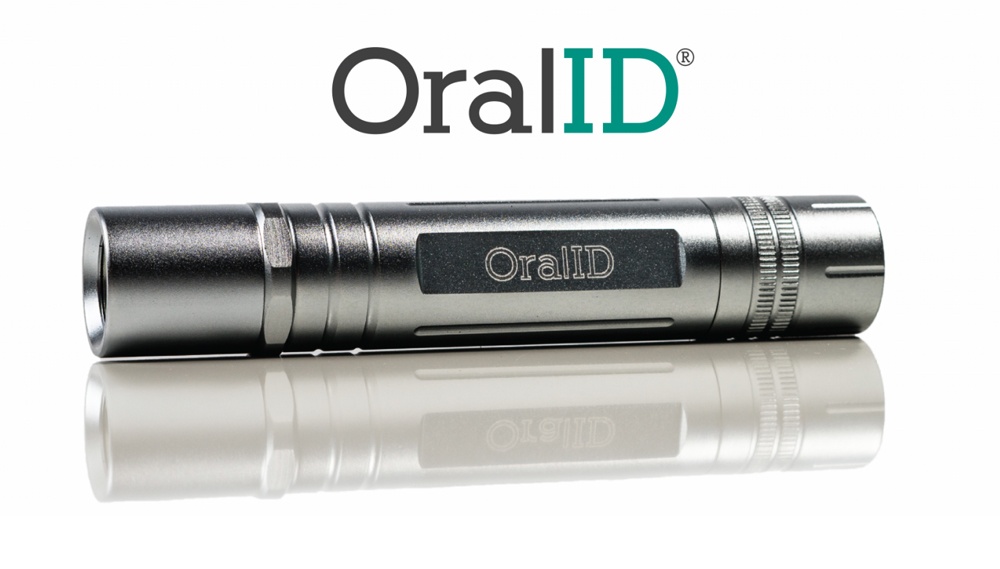If the thought of having dental treatment makes you nervous, sedation dentistry is the right answer. Sedation dentistry helps patients get rid of dental phobia. Sedation dentistry is used to calm a patient so that they can successfully go through dental treatment. Since the treatment is completely pain-free and does not require the use of needles, patients are inclined towards this form of treatment. There are multiple degree of sedation available that are prescribed on the basis of individual needs of patients.
Patient anxiety is easily controlled by using sedative medications that offer relaxation. It brings together a less stressful dental experience. Oral sedation makes you feel incredibly relaxed and at ease. It can help both children and adults who have anxieties about going to the dentist. Before going through oral sedation, our dentists do a thorough consultation to determine if you are an ideal candidate.
The treatment method calms your nerves but still allows you to be aware. Maximum comfort is ensured during the procedure. The type recommended will depend on the level of your anxiety, health and the length of treatment performed. With a light oral sedation, you will remain relaxed but still be alert, however, with moderate sedation, you stay conscious but your memory of what all occurred would fade. Patients may doze off a little but would wake up easily.
Our dentists make every possible effort to ensure that you feel safe and comfortable during the treatment. After the treatment is accomplished successfully, the recovery would start on the basis of medication that was prescribed. Some of the symptoms that are common after the treatment are temporary headache, dizziness, nausea or vomiting. But this may lessen with time. If you are still concerned about the symptoms after returning from the treatment, do not hesitate to ask our dentists.
Schedule a consultation with one of our skilled dentists to understand and learn more about the oral sedation techniques. We will work with you to find an ideal option that matches your needs.
Book Appointment to find out which treatment might be best for you.




